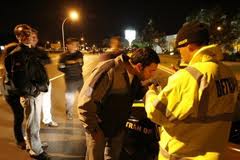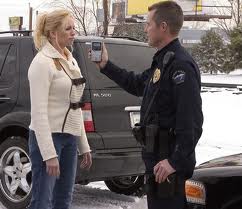Legally, one doesn’t have a “right” to his/her driver’s license. In Massachusetts, a persons’s right to operate a motor vehicle is a privilege, and continued possession of this privilege is conditioned on obeying the legislature’s laws that are aimed at regulating the state’s roadways and keeping them safe. Because of this, under the Massachusetts statutory scheme, a person who drives on a public road is “deemed to have consented to a submit to a chemical test or analysis of his breath or blood in the event that he is arrested for operating a motor vehicle while under the influence of intoxicating liquor.
For this reason, if you are pulled over for drunk driving in Massachusetts and fail or refuse to take an alcohol breath test, that refusal will result in a suspension of your driver’s license. The legislature has enacted these suspensions in order to deter people from drunk driving and obtain evidence against suspected drunk drivers who do take the test; and also promotes safety on the road by summary removal of “dangerous drivers.”
What are the consequences of refusing to take a Breathalyzer test? Continue Reading ›
 Boston DUI Lawyers Blog
Boston DUI Lawyers Blog



